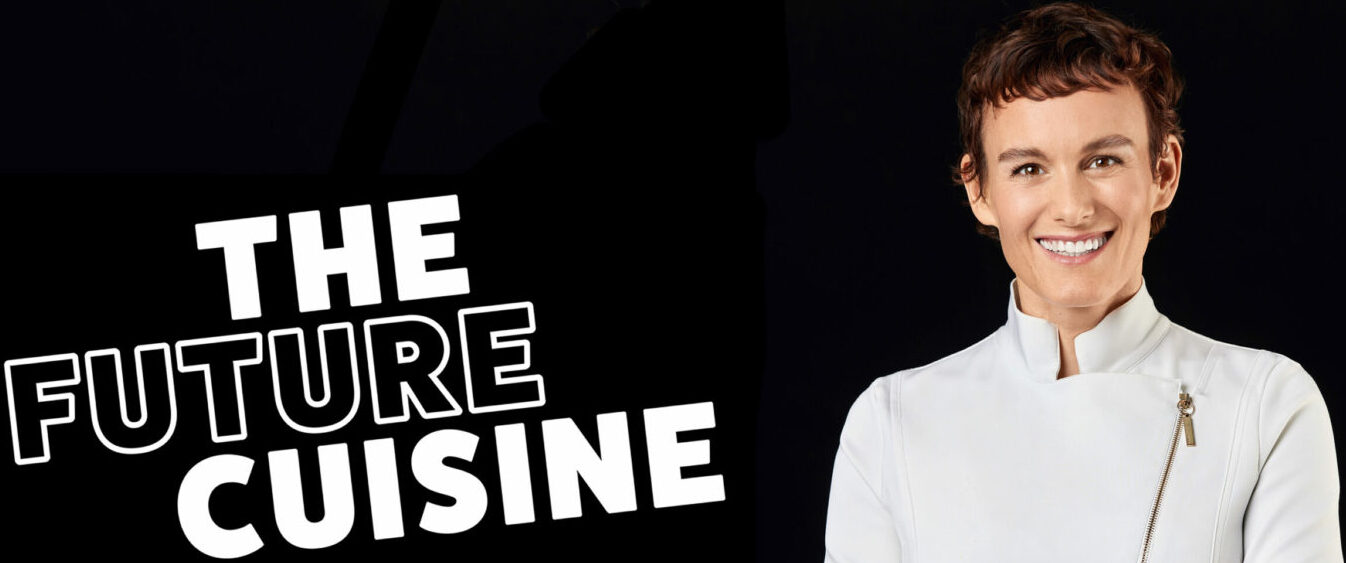
Are there any diets that really work for you? This question has been asked again and again since ancient times. You intuitively know that your diet is closely linked to your health. So if you’re not feeling well, you know you should make some changes to your diet, but with so much conflicting advice, it seems impossible to keep track.
There are diet plans, diet bars, diet soups, diet books, diet influencers and diet gurus – where should you turn? Should you completely avoid animal products or should you leave out everything except animal products? Veganism and the carnivore diet both have enthusiastic followers, but they can’t both be right, can they?
In this episode of the ZOE Science & Nutrition podcast , you’ll hear from Stanford Professor Christopher Gardner and ZOE Chief Scientist Dr. Sarah Berry.
With decades of experience researching the links between your food and your health, they help you understand fad diets and tell you what you should really be eating to improve your health and happiness.
One of the biggest misconceptions about diets is that you only have to stick to them for a short time and then it’s over.
In reality, a healthy diet should be a lifelong journey. So it needs to be something you can stick to – a real lifestyle change.
As Sarah often says: “If a food is too healthy to be enjoyed, it’s not healthy at all”. These changes must be permanent. But the good news is that it’s never too late to benefit from an improved diet. Regardless of your age, you will likely see improvements in your cholesterol levels, blood sugar, inflammation and weight when you switch from an unhealthy to a healthy diet.
A recent study has shown that switching from an unhealthy to a healthy diet at the age of 40 can extend your life by a decade. And a changeover at 70 still adds about 5 years. With so much extra time in life, a healthy diet should be a priority for everyone.
Before we explain the best way to eat, let’s ask ourselves which diets are the worst for your health.
According to Christopher, the most restrictive animal-based diets are the worst: keto, paleo, carnivore and the Atkins diet. They contain a lot of saturated fat, but hardly any fiber, and it is almost impossible to keep them down in the long term. If a dietary change is a journey, then it must take place on a path that you can follow – you must enjoy it. For example, hardly anyone can stick to the keto diet for the rest of their lives.
So what should you do?
Christopher and Sarah‘s overarching message is: wholefood, plant-based. No hocus-pocus, no powders, potions or incantations. No overpriced pills or sales pitches. Only whole foods with a focus on plants, so eat vegan if possible.
And instead of trying to change everything at once, as is the case with fads, you should start by making a few realistic changes that you can implement immediately.
The message is simple, but it can have a big impact. Whole plant foods – such as a piece of fruit, a handful of nuts or a can of peas – are rich in fiber. Fiber nourishes your gut microbiome; it also takes longer to be eaten and digested, which means you can feel fuller for longer. At the same time, plants contain a heady cocktail of healthy compounds, including polyphenols, which act as antioxidants and are anti-inflammatory.
Animal products, on the other hand, contain neither fiber nor polyphenols.
Another important difference are the fats. Animal products contain saturated fats, which increase the risk of heart disease if consumed regularly.
The vegan diet: Plants, on the other hand, contain practically no saturated fats, and even plants with a high fat content – such as nuts and avocados – contain healthy monounsaturated and polyunsaturated fats.
Although nutritionists are still wrestling with the enormous complexity of human nutrition, we now know that none of the popular, celebrity-endorsed diets will work in the long term. We need long-term changes that prioritize real food over fancy marketing. There is no perfect diet for everyone – after all, we are all different – but if you adopt the mantra “whole food plant-based diet, the vegan base”, you will stay grounded. And remember: it’s a marathon, not a sprint (even if it is hopefully less strenuous and certainly tastier).
“I have a doctorate in nutritional science. I still change my diet when I do further studies,” explains Christopher. “You should get involved in experiments. The nice thing about food is that you can repeat it every day if you want.
Make small, sustainable changes. Listen to your body and keep experimenting. Be lenient with yourself. You may try something and it may not work, and that’s okay. If you think of it as a journey, you can enjoy the process and just get on with it.
